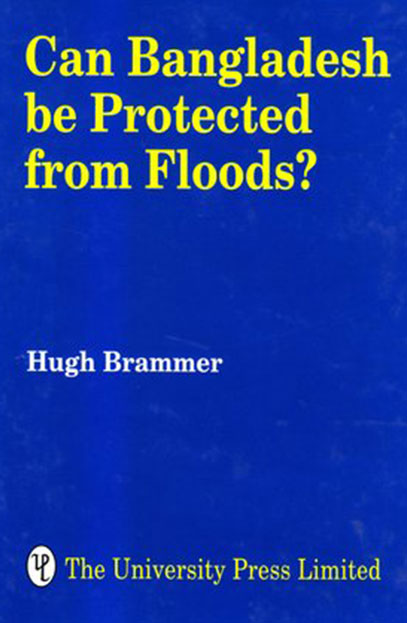
- Shop
- Can Bangladesh be Protected from Floods?
Can Bangladesh be Protected from Floods?
| Language: English |
Tags :
Book Info
This is the author's seventh book on agricultural development and disaster management in Bangladesh. He draws upon his 35 years of experience in the country to describe the causes and impacts of the floods which periodically ravage Bangladesh and to review the efforts made to mitigate the damage and suffering they cause. The three chapters in Part I provide background information on the physical environment. They contain a comprehensive description of conditions in the Ganges-Brahmaputra-Meghna catchment area which determine Bangladesh's vulnerability to floods; a description of how climate change and a rising sea level might affect the country's flood vulnerability; and an attempt to dispel some of the myths and misunderstandings about floods, flood impacts and flood mitigation in Bangladesh. The five chapters in Part H describe how floods affect the people and economy of Bangladesh and how the people and government have responded to the country's exposure to floods and cyclones. The single chapter in Part HI addresses the question which gives the title to the book by reviewing the technical, economic and institutional issues raised by the changes in policy and strategy and draws conclusions regarding the implications of these changes for the government and people of Bangladesh.

Hugh Brammer
Hugh Brammer (MA, Geography, Cambridge University, 1951) worked on reconnaissance soil surveys in the Gold Coast/Ghana 1951−61, then joined FAO to organise the reconnaissance soil survey of East Pakistan 1961-71. After serving as Senior Soil Scientist in Zambia 1972-74, he returned to Bangladesh in 1974 to serve with the Ministry of Agriculture as land use (later agricultural development) adviser until his retirement from FAO in 1987. Mr Brammer then worked as a consultant for FAO and the World Bank until 1995, including for Bangladesh’s Flood Policy Study (1989), the Flood Action Plan (1989−95) and a Greenhouse Effects Study (1992). He subsequently wrote seven books on soils, agriculture and land use in Bangladesh, published by UPL. In 2006, Mr Brammer initiated


